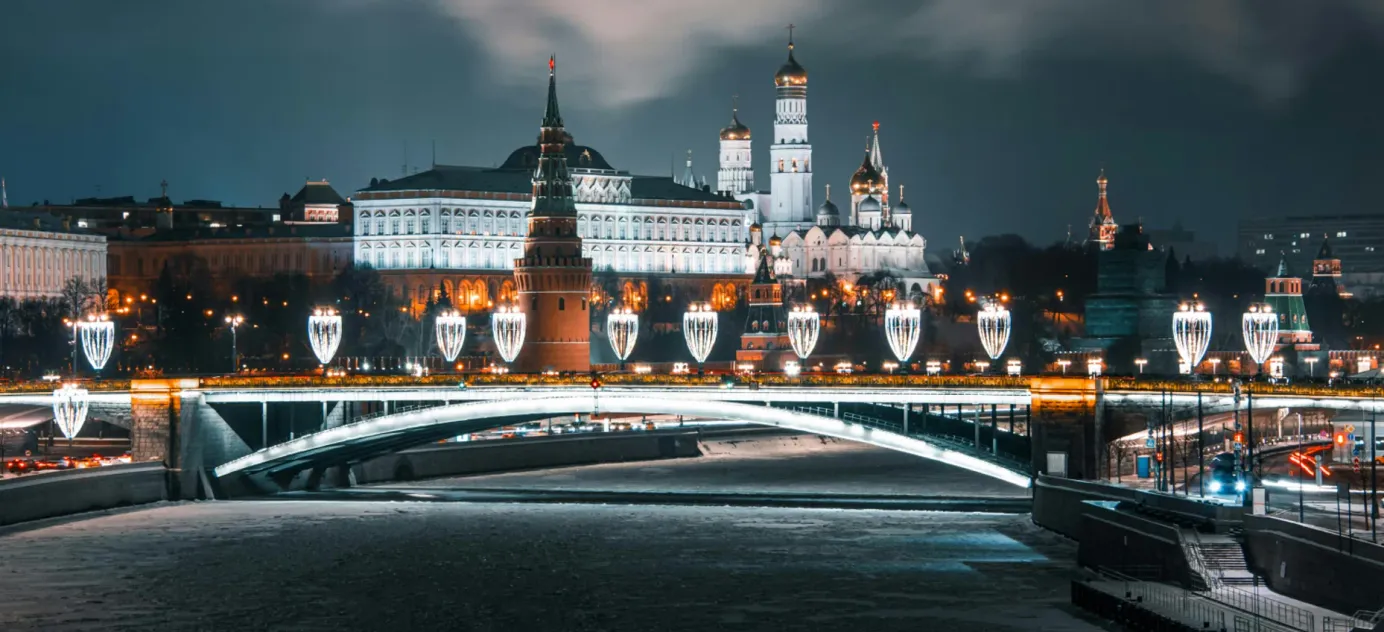
Putin edges up the nuclear escalation ladder
While Volodymyr Zelensky was busy meeting Ukraine’s Western allies in the United States to push for fresh military aid, from halfway round the world in Moscow, Vladimir Putin was doing everything he could to make himself the elephant in the room. On the eve of Zelensky’s meeting with Joe Biden, Putin promised to update Russia’s nuclear weapons doctrine to make it easier to carry out strikes against the West and its non-nuclear allies — all in a demonstratively choreographed special televised meeting.
- Last Thursday, the day before Zelensky met Biden, Putin convened a televised meeting of the “Permanent Committee on Nuclear Deterrence,” attached to the Russian Security Council. Despite being a “permanent committee,” it was the first declared public meeting of the group. The Kremlin leader outlined a stream of proposed changes that would technically see a dramatic lowering in the threshold for which Russia can use nuclear weapons.
- First, the new rules would permit Russia to launch nuclear strikes against non-nuclear states if they commit “aggression with the participation or support of a nuclear state.” Putin did not mention Ukraine specifically, though it is clear Kyiv was the “non-nuclear state” with Western backing that he had in mind. Second, Putin specified the conditions by which Russia would respond with a nuclear strike even if it was only attacked with conventional weapons. He said Russia could launch nuclear weapons upon receiving “reliable information about the massive launch of air and space weapons and their crossing our border.” Such an attack does need to be with intercontinental missiles, Putin said, but “cruise missiles, drones, hypersonic and other aircraft” would also make the cut. Another basic condition for the circumstances in which Russia would launch a nuclear response to non-nuclear aggression is set to remain the same — “a threat to the very existence of the country,” he said. Third, Putin promised that Russia would be ready to use nuclear weapons not only in response to attacks on itself, but also on its ally Belarus.
- In practice, the changes that Putin announced will change little in Moscow’s nuclear posturing. Just like at the moment, there is much scope for interpretation. For instance, at what point does a threat to Russia’s existence arise? As before, Putin is the one that will be personally making that call. As for the inclusion of Belarus under Russia’s nuclear umbrella, experts say the idea of an attack on Belarus is so far from reality that it looks like an example of the Kremlin dreaming up a proposed change to boost the appearance of large-scale reforms without any practical difference. After all, the main purpose of the televised meeting and proposed amendments is to send a “signal” (as Kremlin spokesman Dmitry Peskov called it the next day) to the West that Russia is not afraid to move in a nuclear direction.
- Unfortunately for Moscow, that signal appears to be coming in weak. Especially after two years of nuclear rhetoric from Putin and his henchmen. Putin hinted last year that Moscow could hold its first nuclear missile test since the break-up of the Soviet Union — something that really would be a strong signal — but there have been no genuine preparations for a test nuclear detonation.
- Predictably, Russian state TV lapped up Putin’s comments. “Ten men. These are the people who can practically guarantee the delivery of a nuclear strike,” said Dmitry Kiselyov, Russia’s top TV propagandist, talking about the line-up of the men Putin assembled into his “permanent committee.” They were: Defense Minister Andrei Belousov; Deputy PM with responsibility for the defense industry Denis Manturov; Finance Minister Anton Siluanov; FSB Director Alexander Bortnikov; foreign intelligence chief Sergei Naryshkin; Rosatom boss Alexei Likhachev; Roscosmos chief Yury Borisov; and deputy chair of the security council Dmitry Medvedev. Notably, Security Council secretary Sergei Shoigu was not present, even though he had no other official duties that day.
- The meeting was dedicated to the top slot on Kiselyov’s flagship “Weekly News” show, though he too did not talk of resuming nuclear tests. He instead stuck to his own familiar raft of nuclear threats against Britain, which has long been target Number One for Russian propaganda. There was no repeat of earlier promises to “destroy [Britain] with a single strike” or “plunge it into the depths of the sea,” but he did talk about the possibility of using tactical nuclear weapons with “a microscopic nuclear warhead.”
Why the world should care
Nuclear threats are Moscow’s biggest weapon in its stand-off with the West and in its attempts to limit US support to Kyiv. Putin is playing a familiar hand, trying to inch up the nuclear escalation ladder while leaving himself plenty of room for future maneuver. So far it seems to be working. Bloomberg reported that there’s a substantial camp in the West calling for negotiations with Russia, fearful of the nuclear risks.





